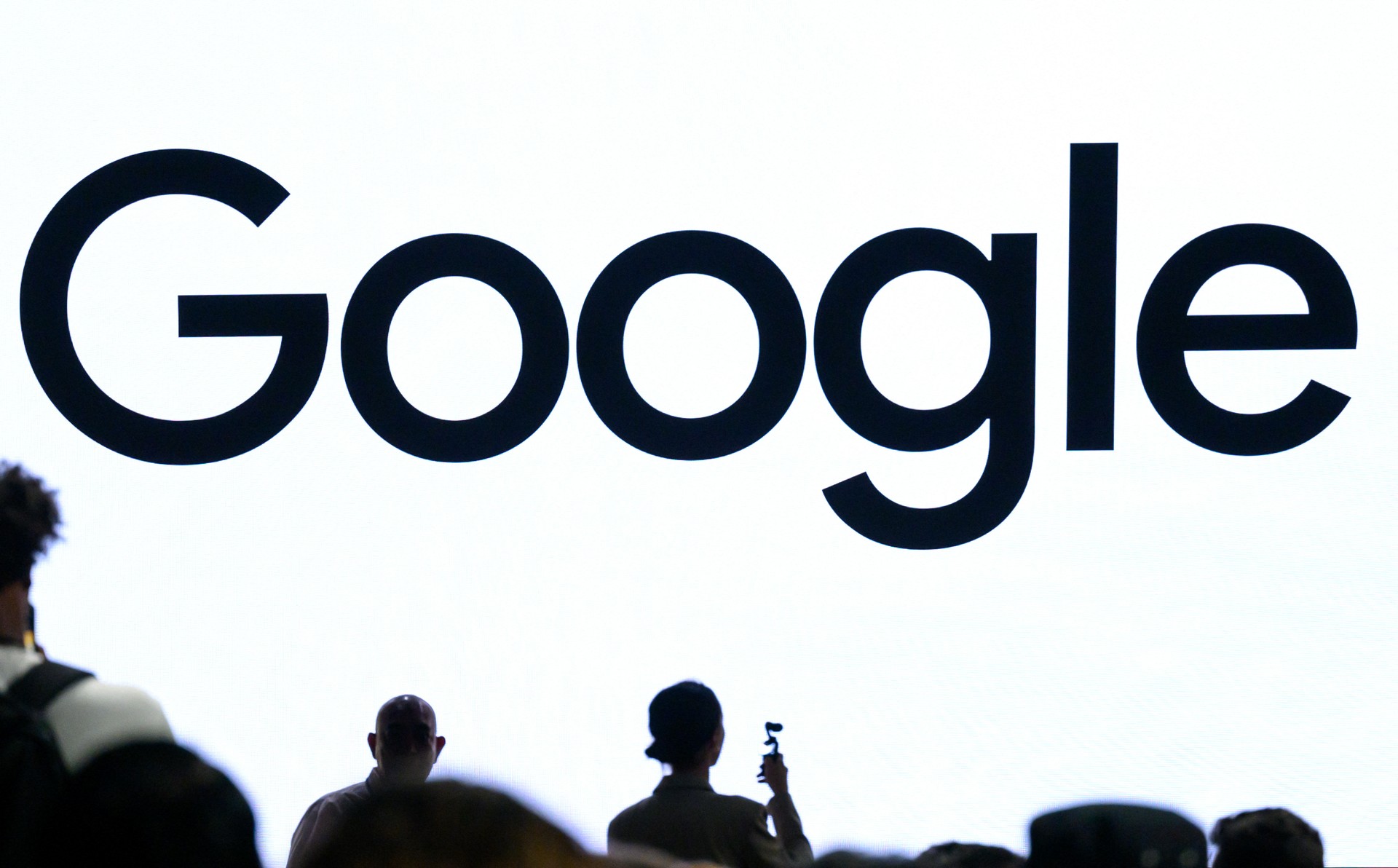
Nobel laureate Turkish economics professor at the Massachusetts Institute of Technology (MIT), Daron Acemoglu, called for a 'digital advertising tax' to mitigate the inefficient impacts of Google's monopoly.
Acemoglu criticized Google's dominance in the digital advertising market in his X post on Friday, highlighting its adverse effects on innovation, competition, and independent publishers in the tech sector.
He pointed out that while Google generated $237 billion in revenue from its digital advertising monopoly in 2023, independent publishers and newspapers experienced declining revenues.
Acemoglu warned that this trend contributes to the emergence of "news deserts," ultimately harming democracy and civic engagement.

To break this cycle, Acemoglu proposed that the European Union implement a significant "digital advertising tax" to promote competition. He suggested a unilateral 50% tax on all advertising revenues exceeding $500 million annually, which could drastically reshape the digital landscape.
This is a thread about remaking the tech sector.
Silicon Valley still claims the mantle of “disruption”, as if it is made up of competitive small companies rushing to innovate in order to edge into established industries. The truth is that Silicon Valley is now home to the…
— Daron Acemoglu (@DAcemogluMIT) January 3, 2025
Additionally, Acemoglu emphasized the necessity of other reforms, noting that the future of the internet and artificial intelligence depends on creating a fair data economy, as outlined in a new report by the Liberty Project Institute, where he contributed.
Acemoglu also linked the growth of tech giants to aggressive acquisitions and the inadequacy of antitrust laws.
He argued that these companies eliminate competition and amass socio-political power.
"Digital advertising dominates the web, and Google dominates digital advertising," Acemoglu stated, citing research that shows how tech giants hinder innovation instead of fostering it.